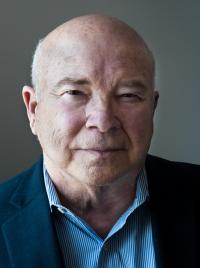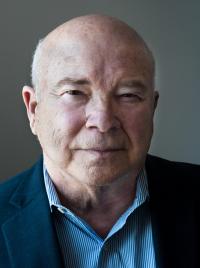The seductive lure of Communism mainly affects those who never suffered by it

Download image
Frank Calzón was born in 1944 in Cuba. After the victory of Fidel Castro’s Revolution, his parents decided to send him to the United States, where they had some relatives. Frank spent time in New York, where he worked in bars and restaurants. When his family came to Miami, he started studying again. He graduated from some of the most important American universities, such as Georgetown in Washington DC. During his studies of Political Sciences he was an active member of several student organizations that dedicated themselves to denouncing the crimes of the Castro regime and supported political prisoners on the island. The pressure of these organizations contributed to the release of several prisoners, among them, the poets Heberto Padilla and Armando Valladares. After university, Frank began to work at the Organization of the American States, soon to exert the position of the vice-president of Freedom House, an organization founded by the wife of President F. D. Roosevelt. There he dedicated himself to supporting opposition movements in countries with totalitarian governments around the world. He also visited Czechoslovakia, where he had the opportunity to meet President Václav Havel, and began to cooperate with the Czech humanitarian organization People in Need in support programs for Cuban dissidents. He denounced the crimes of totalitarian regimes in United Nations institutions. He is the director of the Center for a Free Cuba, which systematically helps the Cuban internal opposition.

